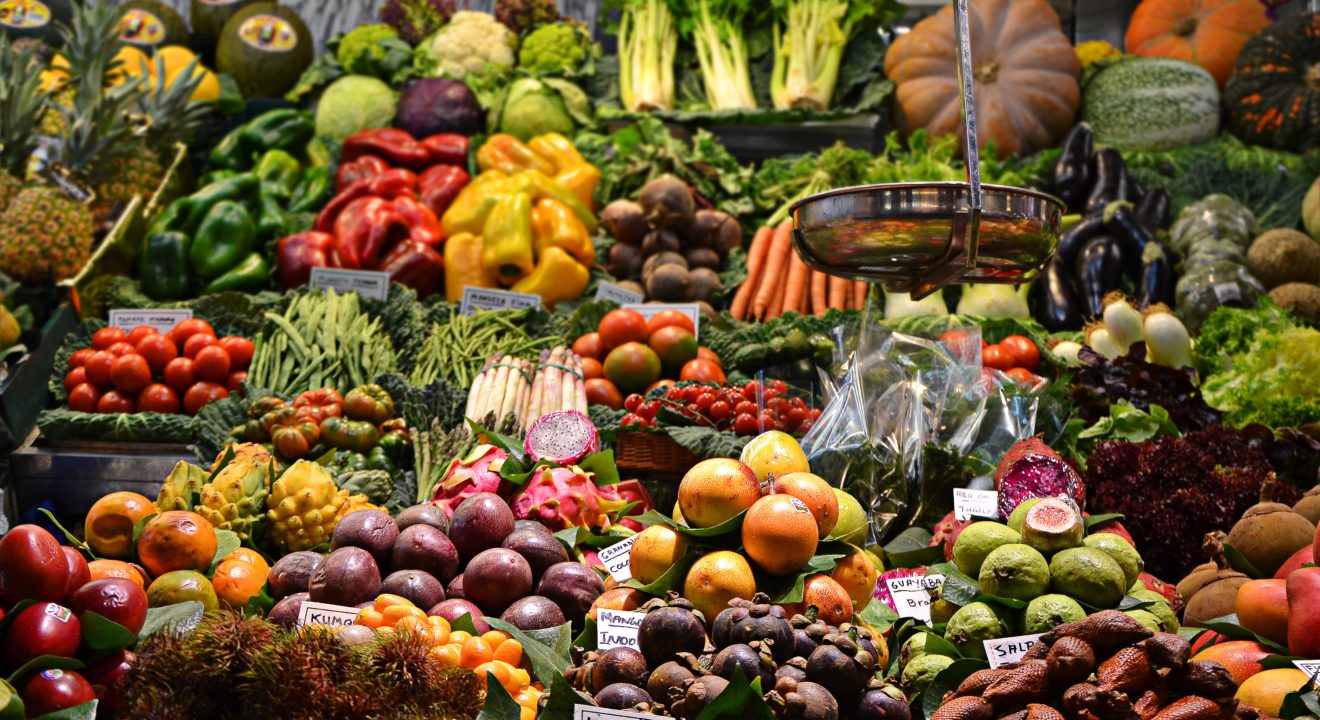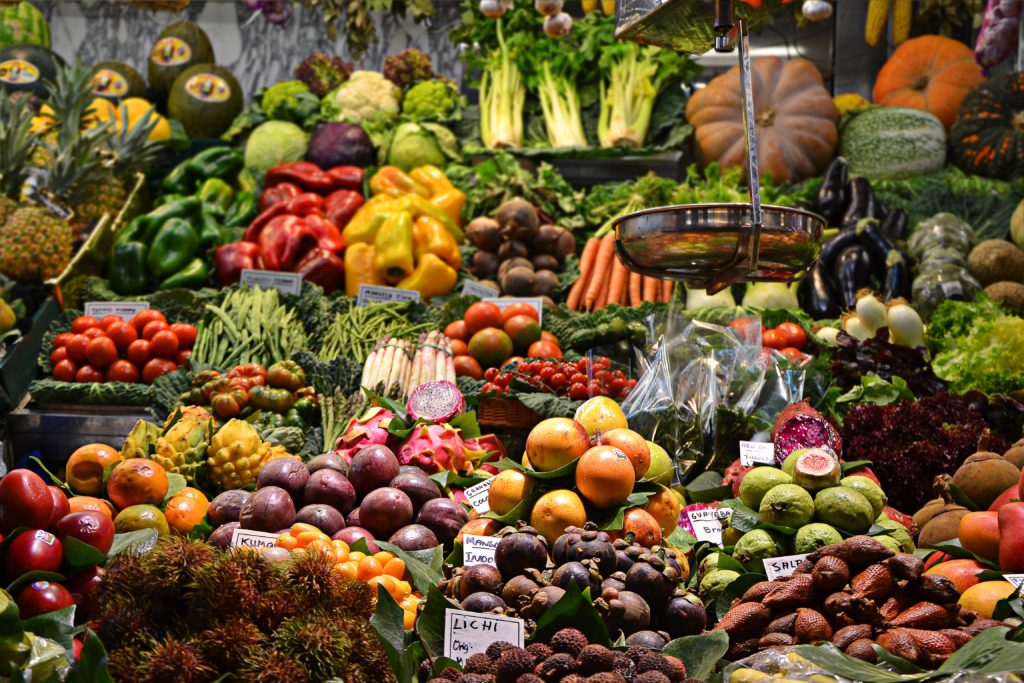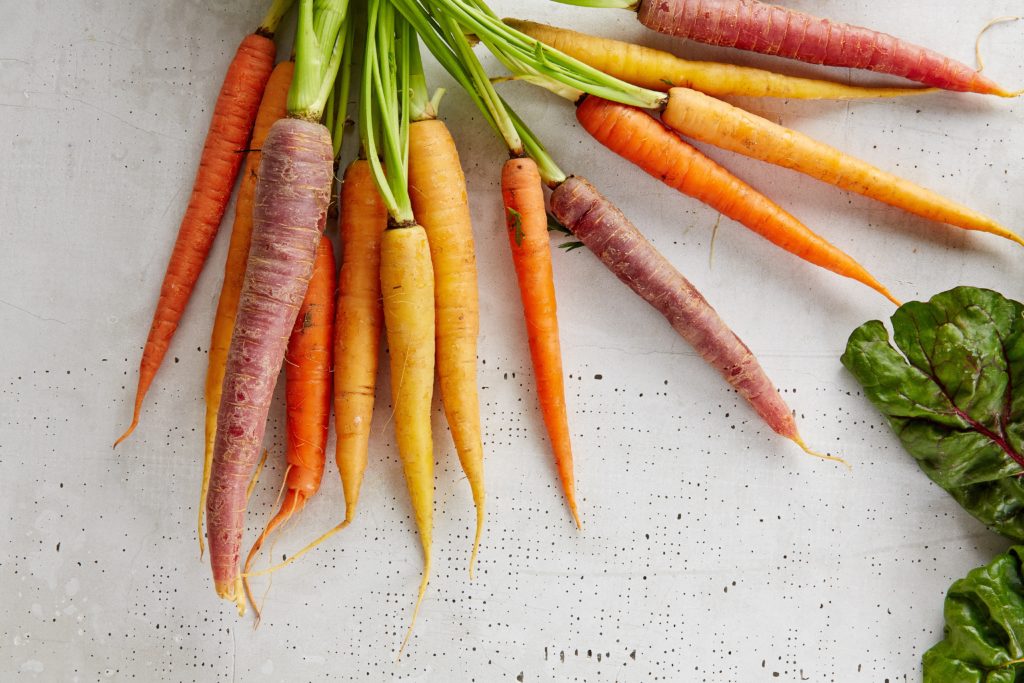Sustainability November 11, 2019


As a vegetarian of 10 years, I have always supported the idea that diet was a personal choice. I won’t preach the health benefits of vegetarianism unless I’m asked because I am only responsible for my health.
Your diet doesn’t always dictate your health. We all know a person who is vegan but has an unhealthy habit of feeding off of Oreos to replace meat products. We also all know a meat eater who eats McDonald’s a little more often than they should.
Your diet has to be consistent to ensure that you’re getting all the necessary vitamins to keep your body happy and healthy. You can maintain a healthy diet as a vegetarian by keeping your vitamin levels in check. Or, you can be a healthy meat eater if you keep an eye out for the pathogens that come in contact with your meat. Taste and tendency towards a healthier lifestyle are personal choices.

According to Food and Agriculture Organization of the United Nations, 14.5% of all greenhouse gas emissions come from animal agriculture. A third of all our freshwater consumption is through animal agriculture.
However, it’s not that most people don’t know these facts, they seem not to care. This is easy to see from the fact that even the food served for the diplomats who drafted the Paris Agreement had a carbon footprint of 4,500 tons. It means that they may as well have burnt half a million gallons of gasoline. So, if people know what to do, why do they not act accordingly? What are we supposed to do if the people on our side are not, in fact, on our side?
Pointing fingers at all types of protein has become a trend. However, protein on its own isn’t the enemy. The average American eats about 100 grams of protein a day, almost twice the daily recommended intake of 56 grams. However, the Institute of Medicine also provides a recommended range, and it’s 10% to 35% of our total daily calories. Thus, the daily recommended intake of 56 grams is the bare minimum of that range. So, if your body requires more protein, consuming more of it isn’t an issue of health.
However, the average American eats more than 200 pounds of meat per year, which is four times the world average. Since it’s possible to consume more than enough protein a day without eating any meat, switching to healthier options shouldn’t be an issue of health.
Most people consume protein in unhealthy ways, “in the form of cured and processed meats that contain nitrates or smoked and char-broiled meats that contain carcinogens.” Avoiding unhealthy meat options and switching to healthier protein sources will make your diet healthier while still maintaining your protein intake.
The body uses all of its protein intake, sure, but not in the way people hope. The body only allocates about 30 grams of protein every meal to building muscle. You can eat 175 grams of protein a day. However, you won’t be building more muscle than someone who consumes 30 grams of protein three times a day. According to Scientific American, eating four ounces of beef has the same effect on muscle synthesis as eating 12 ounces.
It could increase the risk of dehydration and kidney damage. And, one of the important properties of animal protein creates a dilemma: it makes cells multiply faster. According to Dr. Willett, chairman of the department of nutrition at Harvard who told The New York Times, “that’s good in early life (…) But, in later life, this is one of the fundamental processes that increase the risk of cancer.” Protein helps abnormal cells multiply faster as well before our body gets a chance to fight them off.
The heavy use of antibiotics in livestock contributes to the problem of drug-resistant bacteria. Moreover, inspectors are not allowed to check on farms. And, farms, when left to their own terms, are not required to disclose the number of drugs they use. Thus, we are left with “piglets that have pneumonia, anemia and a multidrug-resistant staph infection that is increasingly common on American pig farms.”


A lot of still people won’t want to switch to a vegetarian lifestyle even after reading these facts. Let’s look at why not.
But we’re not asking of you to all of a sudden become a strict vegetarian either. After all, if those diplomats can eat whatever they want, you deserve that as well.
All we’re asking is that you:
Support your vegetarian and vegan friends.
Help break the stigma around all-veggie eaters. People are trying veggie diets now more than ever.
Most importantly, if an all-veggie diet isn’t for you, try to reduce your meat consumption just a little. Maybe don’t add that extra patty to your burger or don’t add that chicken to your pasta. Tell your vegetarian friend you would like to try their recipes, they’ll be thrilled, I promise. Try a veggie option for once. Who knows, maybe you’ll get used to it. But, don’t ever give up your favorite dishes.